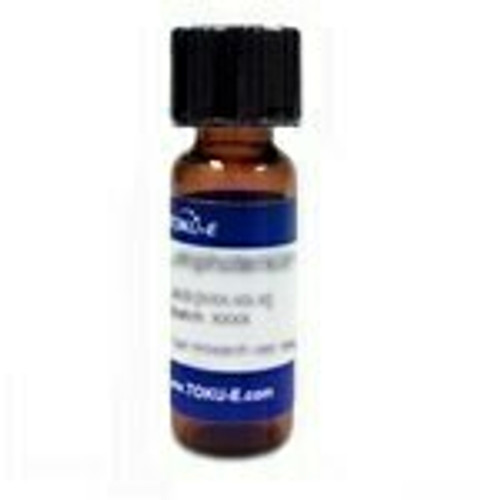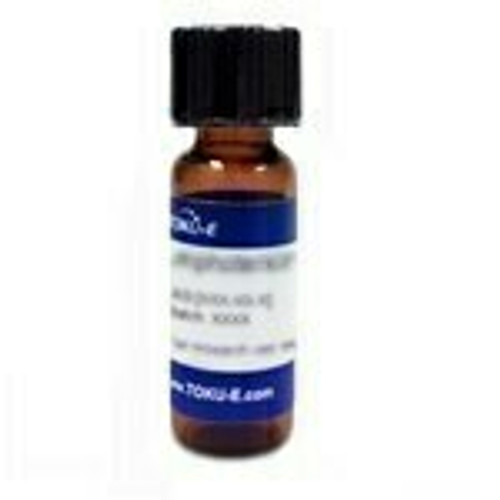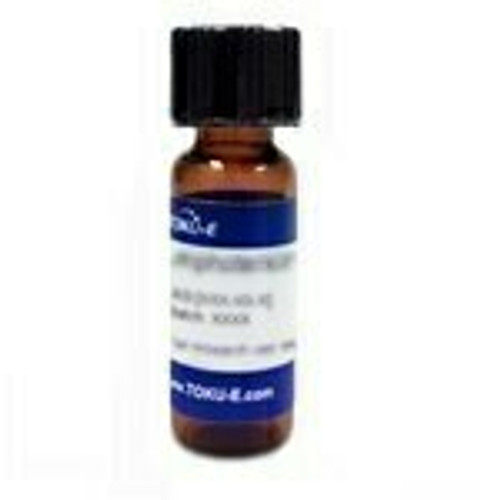Indole-3-carboxaldehyde is an endogenous metabolite of plants and is produced in humans by the metabolism of L-tryptophan in Lactobacillus and other gastrointestinal bacteria. Indole-3-carboxaldehyde is an immunomodulator, acting as an agonist of the aryl hydrocarbon receptor in human intestinal immune cells, stimulating the production of interleukin-22. Indole-3-carboxaldehyde contributes to plant defenses against phytopathogenic fungi and modulates the quorum sensing pathway in V. parahaemolyticus in vitro to reduce biofilm formation. Indole-3-carboxaldehyde can be used as a biomarker for cardiometabolic risk in humans.
| Molecular Formula | C9H7NO |
| References |
Contreras-Cornejo HA et al (2011) Trichoderma-induced plant immunity likely involves both hormonal- and camalexindependent mechanisms in Arabidopsis thaliana and confers resistance against necrotrophic fungus Botrytis cinerea. Plant Signal Behav. 6:1554 Murugan R et al (2016) In vitro evaluation of indole-3-carboxaldehyde on Vibrio parahaemolyticus biofilms. Biologia 71:247 Zhang LS and Davies SS (2016) Microbial metabolism of dietary components to bioactive metabolites:Opportunities for new therapeutic interventions. Genome Med. 8:46 |







